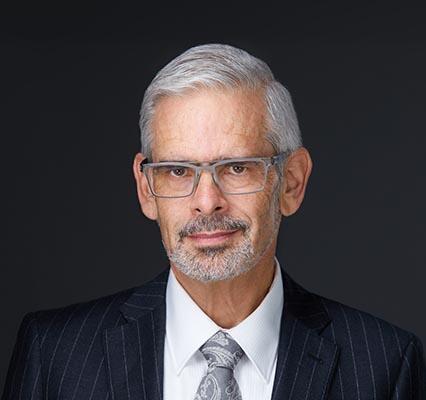Recently, I was fortunate to present at the world-renowned uLead Conference. I spoke on the topic of engagement through communication. As usual, I learned just as much from the group as I taught them, and it was so great to see the engagement and interest in the room full of leaders in our profession.
Effective communication is fundamental to both teaching and leadership.
Effective communication is fundamental to both teaching and leadership. This skill helps teachers and school leaders to better articulate their vision, goals and expectations to staff, students and parents. Improved communication fosters a collaborative environment where everyone works toward common objectives, thereby enhancing the overall school climate. Where else does a teacher or school leader have the time, space and expertise to work on such a valuable skill that would enhance their efficacy?
Teachers and school leaders face many challenges when it comes to professional development (PD). One of the most common challenges I hear is how difficult it can be to find the time for PD. Those working in education have demanding schedules filled with administrative tasks, meetings and responsibilities, all outside of their main duty of teaching. This leaves little room for ongoing learning. Balancing these duties with the need for ongoing PD can be difficult.
Budget constraints can also significantly impact the availability and quality of PD opportunities. Schools may struggle to allocate funds for training programs, workshops or conferences, limiting access to valuable learning experiences. Access to meaningful PD varies greatly across the province. Some places have healthy PD accounts, with funds supplied by school divisions. In others, schools have meager PD budget lines that are challenging for staff to use.
I was fortunate when I worked in schools. My ATA local provided PD funds I could use, and I was able to attend PD that met my needs as a classroom teacher or administrator at least once per year. When I served as an associate instructor here at the ATA, I had additional learning opportunities on such topics as trauma-informed practice, play-based learning and best practices for adult learning.
Over the years, as I visited classrooms as an administrator, I often wondered about the origin of the new ideas and creative approaches I would see in classrooms. Through conversation I learned that — in addition to gathering ideas at PD conferences or events — these teachers and school leaders often did their own research. For example, they would investigate topics and teaching techniques that struck their curiosity or take a course of interest on their personal time. These teachers and school leaders brought these ideas back to their classrooms and schools to make their classrooms more innovative and engaging for their students. They modelled how innovation is key to educational success.
In Alberta, PD is more than a requirement for teacher and school leaders; it is a vital component of effective teaching and leadership. By enhancing skills, promoting innovation, improving communication and strengthening decision making, PD ensures that teachers are well-equipped to meet the challenges they face. Providing teachers and school leaders across the province with adequate funds and time for meaningful PD serves to strengthen the practice of those individuals. However, it also strengthens our profession and the quality of public education in Alberta.
The profession’s commitment to PD matters — to us, to our colleagues, to our students and to the future of public education in Alberta. ❚
I welcome your comments. Contact me at kristine.wilkinson@ata.ab.ca.

Editor-in-Chief, ATA News


